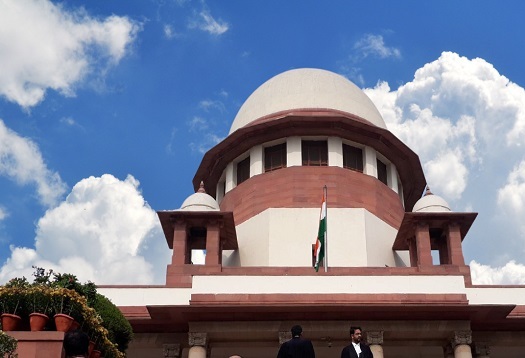Recently, the Supreme Court dismissed a Public Interest Litigation (PIL) challenging the exclusion of provisions for punishing non-consensual sodomy and other ‘unnatural’ sexual offences under the Bhartiya Nyay Sanhita, 2023 (BNS).
Apex Court emphasised that such legislative matters are within the domain of Parliament, granting the petitioner the liberty to make a representation to the Central government if any gaps in the law are identified.
The Bench, comprising Chief Justice of India D.Y. Chandrachud and Justice J.B Pardiwala and Justice Monoj Misra, expressed that the Court cannot create offences under Article 142 of the Constitution. The Chief Justice noted, “It is not there in the new law… we cannot create an offence! This Court cannot under Article 142 direct that a particular act is an offence. It falls under the domain of Parliament. If the petitioner feels there is a lacuna in the law, representation may be given to the Union of India”.
The now-repealed Section 377 of the Indian Penal Code (IPC) previously provided for severe penalties for engaging in “carnal intercourse against the order of nature”. In the landmark 2018 Navtej Singh Johar judgment, the Supreme Court decriminalised consensual sexual acts but maintained that Section 377 would still apply to non-consensual acts against adults, all acts involving minors, and acts of bestiality. Following the introduction of the BNS in July 2023, concerns have been raised regarding the absence of provisions criminalizing non-consensual ‘unnatual sex’, leaving vulnerable individuals, including men and transgender persons, without legal recourse in cases of rape.
The Delhi High Court previously addressed a similar concern on August 28, directing the Central government to consider reintroducing a provision similar to Section 377 IPC within the BNS. Chief Justice Manmohan and Justice Tushar Rao Gedela underscored the urgency of the situation, stating, “There can’t be a vacuum when it comes to an offence. Suppose something happens outside the court, are we all to shut our eyes because it is not a penal offence in statute books?” The Court urged the government to take prompt action in addressing these critical legal gaps.


